K. F. Ryleev
Duma
THE DEATH OF YERMAK
To P. A. Mukhanov
The term Siberia now refers to the vast expanse stretching from the Ural Mountains to the shores of the Eastern Ocean. In the past, the Siberian Tsardom referred to a small Tatar dominion, whose capital, Isker, stood on the Irtysh River, which flows into the Ob. In the mid-16th century, this tsardom was a vassal of Russia. In 1569, Tsar Kuchum submitted to Ivan the Terrible and agreed to pay tribute. Meanwhile, the Siberian Tatars and their vassals—the Ostyaks and Voguls—occasionally invaded the Perm regions. This prompted the Russian government to strengthen these borderlands with fortifications and increased settlement. At that time, the wealthy Stroganov merchants were granted vast tracts of wilderness along the borders of Perm; they were given the right to populate and cultivate these lands.
Seeking free settlers, these enterprising landowners turned to the Cossacks, who, recognizing no higher authority, plundered traders and merchant caravans along the Volga. In the summer of 1579, 540 of these daredevils arrived on the banks of the Kama River; they had five leaders, the chief among them named Yermak Timofeyev. The Stroganovs added 300 settlers to their ranks, supplied them with gunpowder, lead, and other provisions, and sent them beyond the Ural Mountains in 1581. Over the next year, the Cossacks defeated the Tatars in several battles, captured Isker, took prisoner Kuchum's nephew, Prince Mametkul, and ruled over Siberia for about three years.
Meanwhile, their numbers gradually diminished: many perished through carelessness. The deposed Kuchum fled to the Kyrgyz steppes and plotted to annihilate the Cossacks. On a dark night (August 5, 1584), during a heavy rainstorm, he launched a surprise attack: the Cossacks fought bravely but could not withstand the sudden onslaught. With no means of escape but flight, Yermak threw himself into the Irtysh, intending to swim across, and perished in the waves.
Chroniclers depict this Cossack hero as strong and broad-shouldered, of medium height, with a flat face, quick eyes, a black beard, and dark, curly hair. Several years after his death, Siberia was abandoned by the Russians; later, imperial troops arrived and reclaimed it. Throughout the 17th century, the relentless conquests of various bold leaders extended the borders of the Russian state to the shores of the Eastern Ocean.
The storm roared, the rain howled,
Lightning flashed across the gloom,
Thunder echoed without pause,
And winds raged deep within the woods...
Breathing passion for glory,
In that grim and harsh land,
On the wild banks of the Irtysh,
Yermak sat, lost in thought.
His comrades-in-arms,
In victories and thunderous fame,
Within the outspread tents
Slept carefree near the grove.
“O sleep, sleep on,” the hero thought,
“My friends, beneath the roaring storm;
At dawn, my voice will call you forth,
To glory—or to death’s alarm!
You need rest; sweet sleep
Calms even the brave in storm,
In dreams it brings back glory past
And doubles warriors’ strength.
He who spared not his own life
In raids to win gold treasure—
Would he now fear to give it up
For Holy Rus’, beyond all measure?
By washing, in his own and foes’ blood,
The sins of a reckless life,
And earning, through our victories,
The homeland’s blessings rife—
Death cannot be a fear to us;
Our task is done, fulfilled with pride:
Siberia bows to the Tsar,
And we have not lived idly!”
But his fateful doom
Was already by the hero's side,
Gazing with sorrowful eyes
Upon its prey with curious pride.
The storm roared, the rain howled,
Lightning flashed across the gloom,
Thunder echoed without pause,
And winds raged deep within the woods.
The Irtysh foamed at its steep banks,
Its gray waves surging high,
Crashing with a roaring force
Against the shore, where Cossack boats did lie.
With their leader, in slumber’s arms,
His brave warriors rested still;
With Kuchum, only the storm
Stayed wakeful with deadly will.
Fearing battle with the hero,
Kuchum crept like a vile thief
Toward the tents by a secret path,
Surrounded by his Tatar chiefs.
Their swords flashed in their hands—
And the valley ran with blood,
The mighty force was felled in war
Without even drawing swords in flood...
Yermak sprang up from his sleep,
Saw death, and rushed into the waves,
His soul with courage still ablaze—
But the boats were far from the banks!
The Irtysh swelled with greater force—
Yermak strained every limb,
And with his mighty arm he carved
Through hoary waves, strong and grim...
He swam... he neared the distant boat—
But fate had claimed its price,
And as the river churned with rage,
It swallowed the hero in its ice.
Deprived of strength to fight
The fierce and wrathful wave,
The heavy armor—Tsar’s own gift—
Became the cause of his grave.
The storm roared... suddenly the moon
Silvered the boiling Irtysh,
And the corpse, cast up by the wave,
In copper armor gleamed afresh.
Clouds raced on, the rain still beat,
Lightning yet across skies darted,
Thunder echoed in retreat,
And winds raged deep, wild-hearted.
1821
Lecture 3. Subkingdom Protozoa: General Characteristics
Road Safety Guidelines for Parents: Teaching Children to Navigate Traffic Safely
Regulations on the Student Scientific Society at Municipal Budgetary Educational Institution "Secondary School No. 19 with Advanced Study of Individual Subjects"
Bond Dipole Moment, Molecular Dipole Moment, and Hydrogen Bonding

 Deutsch
Deutsch
 Francais
Francais
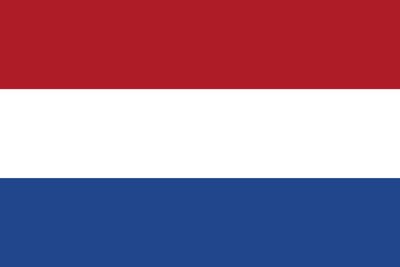 Nederlands
Nederlands
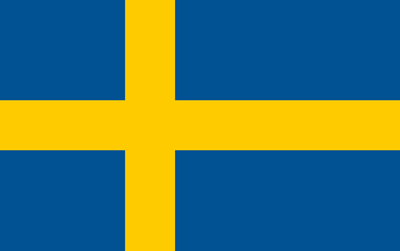 Svenska
Svenska
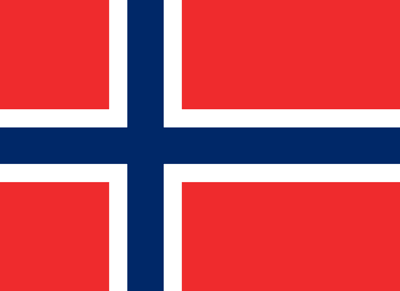 Norsk
Norsk
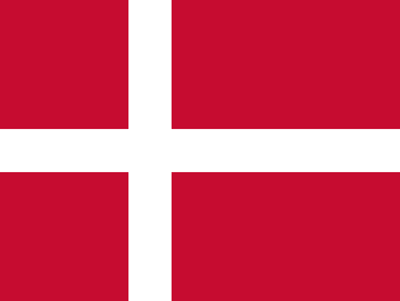 Dansk
Dansk
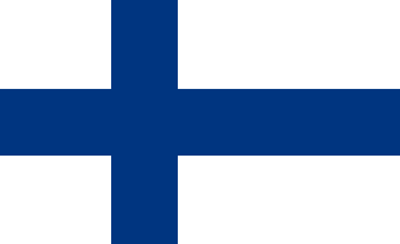 Suomi
Suomi
 Espanol
Espanol
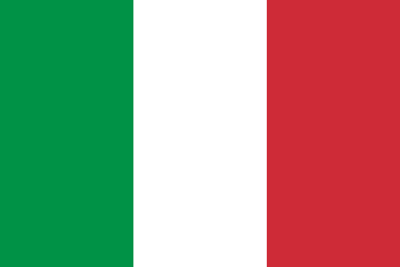 Italiano
Italiano
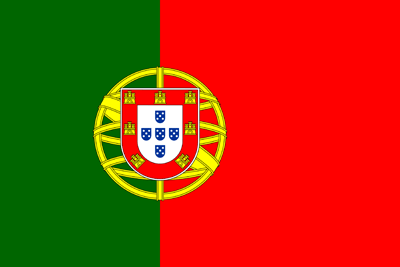 Portugues
Portugues
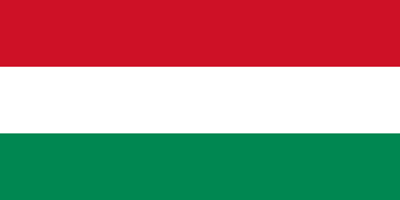 Magyar
Magyar
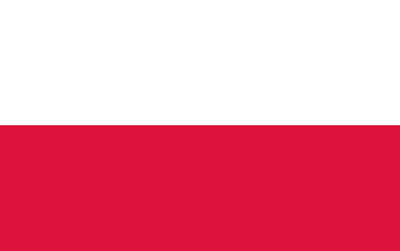 Polski
Polski
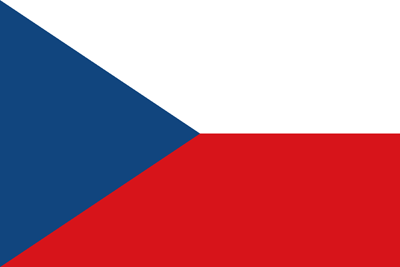 Cestina
Cestina
 Русский
Русский